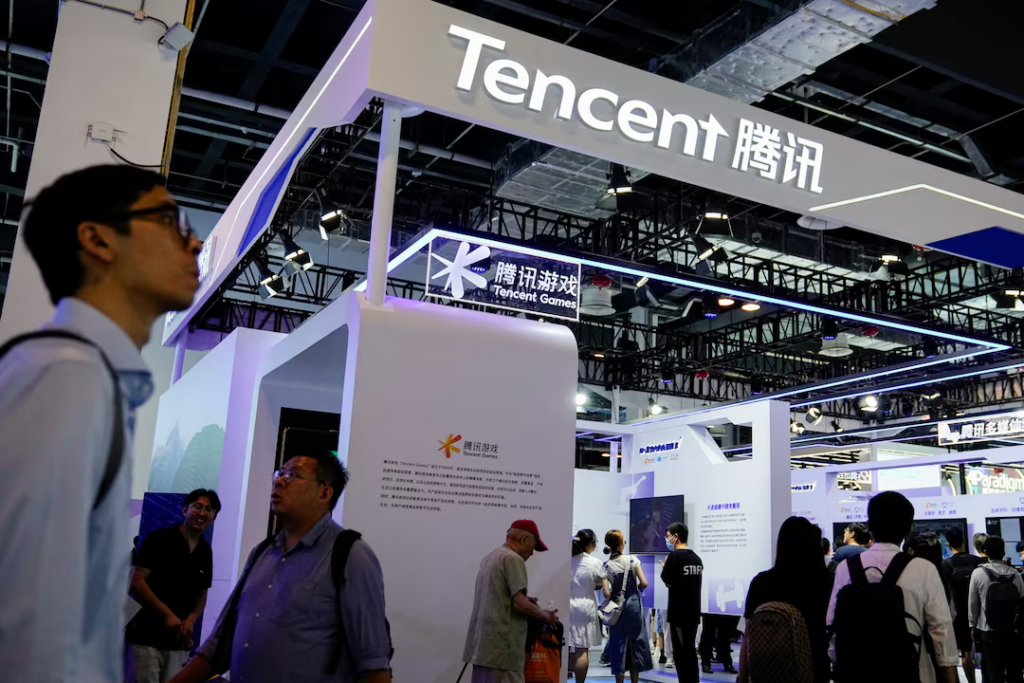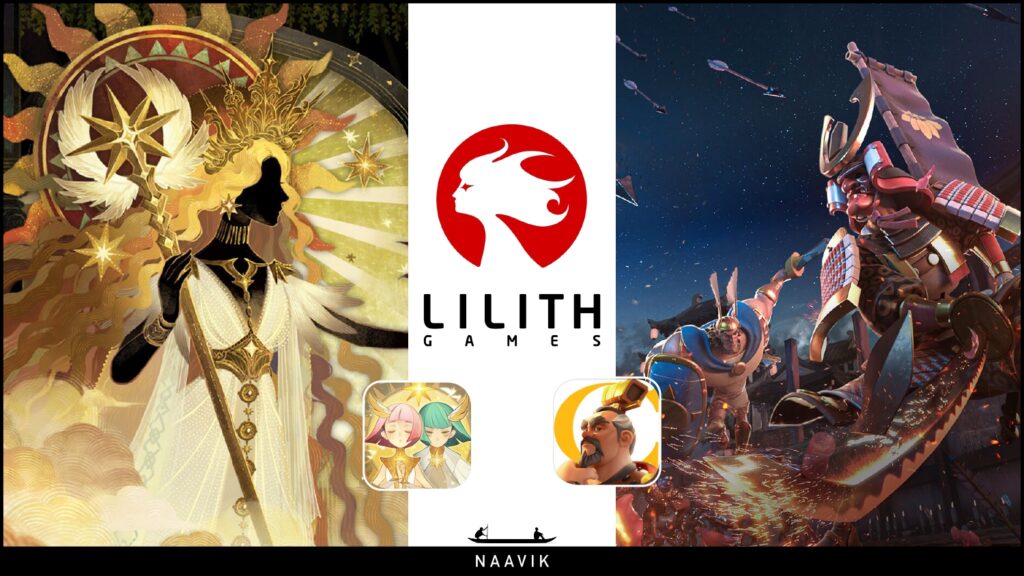Welcome to Master the Meta, the #1 newsletter about the business of video games.
Here’s your weekly roundup and analysis of what’s happening in the video game industry.
📰 News
The coronavirus and games. I won’t pretend to be an expert in this subject, but it’s wild to see how the outbreak is impacting a wide range of countries and industries. While China’s initial response was unfortunately Chernobyl-esque, recent reactions — around the world — have (mostly) been both thoughtful, safety-oriented, and even creative. Hopefully it’s enough to curb a broader pandemic 🤞. In the meantime, here are some examples of how gamers and gaming companies are reacting to the coronavirus:
-
China app downloads surge due to coronavirus outbreak. Link
-
PlayStation and Facebook cancel GDC appearances citing coronavirus concerns. Link
-
COVID-19 looms over planning for next-gen launches. Link
-
Blizzard moves previously canceled Overwatch League games from China to Korea. Link
-
Minecrafters are recreating Wuhan’s new hospitals in-game. Link
Stay safe out there.
Saber Interactive Acquired By THQ Nordic Parent Company. Saber Interactive, with a staff of ~450, is a Russia/Eastern Europe-based game developer that’s done work on projects like World War Z, Metro Exodus, Halo: The Master Chief Collection, and porting The Witcher 3 to the Switch. What’s more interesting than Saber is how THQ Nordic has become a serial acquirer with a voracious appetite (they even have a semi-updated Wikipedia page just for listing their acquisitions). In all cases of serial acquisitiveness, there’s risk of poor capital allocation, losing focus, and culture clash, but so far it appears that THQ Nordic has done a reasonably good job finding profitable growth through organic and acquisitive means. Link
Paradox Interactive’s Year-End Report. Paradox — behind games like Imperator: Rome, Prison Architect, and Age of Wonders — is both breaking unique active player records (4 million) and reinvesting to set a foundation for future growth. Quarterly results saw modest growth and slimmer margins (thanks to costs in preparation of future launches), but it appears like the company is well prepared for the near future: Vampire: the Masquerade – Bloodlines 2, Crusader Kings III, Empire of Sin and Surviving the Aftermath. This is another relatively small publisher that’s worth keeping an eye on. The hits may not be huge but they can hopefully add up. Link
ESL, DreamHack sign revenue-sharing deal with 13 esports teams. A nice win for The Modern Times Group — staying relevant even as more publishers pull esports operations in-house. “Modern Times Group today announced that its esports brands ESL and DreamHack reached an agreement with 13 leading esports teams that will ensure their continued participation in the company's various esports circuits. The agreement grants partner teams a share of revenue from ESL Pro Tour events, prevents them from getting relegated out of the league, and gives them a say in how the league is governed… They include Astralis, Complexity, Evil Geniuses, ENCE, FaZe Clan, Fnatic, G2 Esports, Mousesports, Natus Vincere, Ninjas in Pyjamas, Team Liquid, Team Vitality, and 100 Thieves.” Link
GameStop employees report extreme pressure from ‘desperate’ bosses. I’ve ranted about GameStop before so I’ll stay blunt. This story is just the tip of the iceberg. GameStop is going to zero unless a mindless PE firm scoops it up first (and then it will still go to zero). Antiquated business model, deteriorating culture, overextended store count, overbearing debt, no further effort to innovate its footprint, plummeting foot traffic, idiotic capital allocation decisions, and perhaps the worst CEO in retail. Sure, cigar-butt investors may bet on a short-term bounce from the upcoming PS5/Xbox Series X launches; maybe they’re right, but that’s incredibly short-sighted and does nothing to solve GameStop’s existential issues. Link
Nimo TV captures market share and launches its open platform. Huya’s Nimo TV, a mobile-first live streaming platform, is growing quickly and stealing market share in Southeast Asia. It recently surpassed Twitch in Thailand (thanks to smart localization tactics), and Nimo’s enhanced open platform will offer partners the ability to “start broadcasting in one-click within the game” and better serve game devs. Partners like Tencent and NetEase are already in discussion about how to best move forward. I think YouTube is still the best positioned, but Nimo TV is doing great work. Not sure it’s an outstanding business, but it’s hard to not respect the progress the company and platform has made. Link
Sandbox VR builds SDK. Location-based VR is quickly scaling, and the concept has a bright future. “At-home” VR will grow exponentially in the coming years, but there’s still an enormous opportunity to provide incredible, immersive experiences that can only be had in certain settings. Sandbox VR is a clear leader in that trend. The decision to offer a SDK and let anyone build virtual experiences for Sandbox is an interesting move. I’m pretty sure the company has previously built all content in-house, so this must be an attempt to both own the “holodeck development layer” and spur an explosion of low-cost creativity the business will benefit from (and its competitors won’t). I’m unsure how Sandbox will incentivize/reward developers who create something Sandbox wants to implement, but I’m curious to see how it goes. I’ve never had the privilege of trying out Sandbox VR, but I deeply appreciate when companies turn sci-fi into sci-fact. Link
🖥 Content Worth Consuming
How to Make Billions in Esports. “With venture capital and famous investors now pouring money into e-sports organizations, there has been recent talk of an e-sports bubble. How much investment can the industry actually support? But inside all the organizations I talked with, there is a distinct feeling that we haven’t yet seen what gaming — and therefore e-sports — can become. “Platforms around gaming and the way people interact with virtual worlds are going to change so dramatically over the next 20 years,” Haag says. Who knows what the limits really are?” Link
Fast-and-loose culture of esports is upending once staid world of chess. “About six days a week, Botez sits in front of these monitors to play chess and interact with people on the internet. She's part of a growing scene of chess players who have followed in the footsteps of people who livestream themselves playing popular video games such as "Fortnite" or "League of Legends." … And while chess is far smaller as an esport than video games, it has grown quickly. On Twitch, the most popular internet platform to livestream esports, time spent watching chess has risen by more than 500 percent since 2016, according to data from the company.” Link
Black Desert Online and the diverging MMO ecosystem. “The MMO market is not what it used to be, and how these games operate and thrive has changed in ways both large and small. Business models have evolved, competition for players' time has increased elsewhere in the games industry, and there is simply a more diverse range of online games available.... Black Desert Online, from Korean developer Pearl Abyss, is one of the more successful modern MMOs. First released in Korea in 2015, it operates on a free-to-play model in Asia and a on-time purchase (pay-to-play) model in the West. Although it was launched long after the MMO tide had ebbed, Pearl Abyss America CEO Jeonghee Jin says competition in the space is no less intense.” Link
We work at Riot Games, and we've got jobs you've (probably!) never heard of. Ask Us Anything! This is a great idea and a fun browse. I love seeing companies (of all types) open up to their communities and provide employees a public spotlight. I hope others follow suit. Link
Adapting to the evolution of esports. “Major League Gaming co-founder Mike Sepso explains why the original MLG wouldn't work today, and how his new start-up Vindex is positioned for the future.” Link
Is the US market ready to embrace a $500 game console? “The prospect of a $500 PS5 got industry watchers chattering about whether such a price point could be broadly acceptable to the US console-buying market. A look back at console-pricing history suggests that, while a $500 launch would be at the high end of nominal prices, it actually sits right near the middle of the pack when inflation and median buying power are taken into account.” Link
Fortnite’s wonderfully weird personality is back in latest season. “Fortnite is weird again — and I couldn’t be happier. The game’s latest season finally launched yesterday and, on the surface at least, it seems like a standard update. It has a new secret agent theme, with opposing factions and lots of new stealth gameplay options. But look beyond the well-tailored suits and you’ll find something even more notable: Fortnite’s offbeat personality is back in full force.” Link
See you next week!








